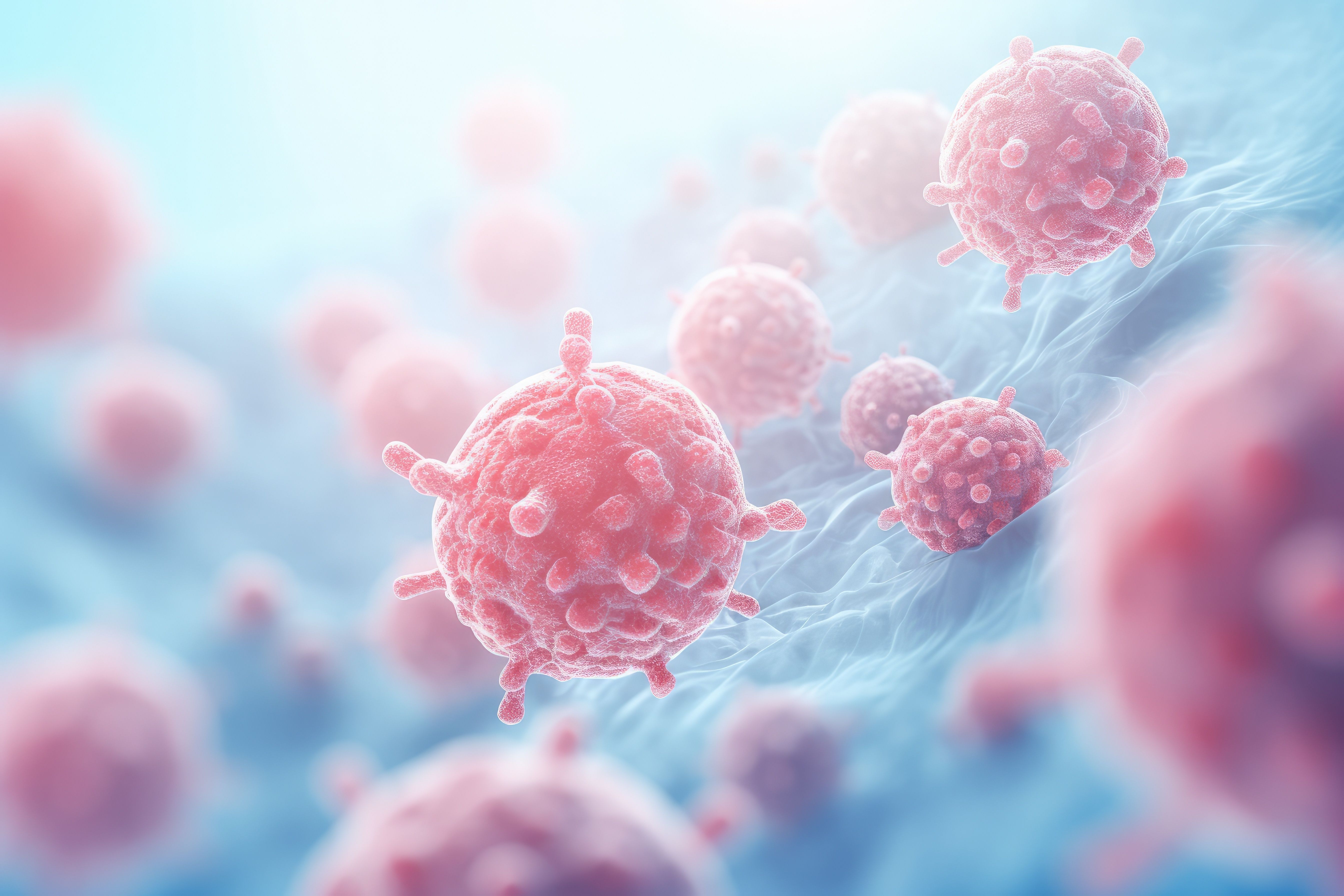FDA Grants Clearance for Phase 1 Trial of BL-M17D1 in Solid Tumors
Following the clearance of an investigational new drug application from the FDA, a phase 1 trial will examine the novel antibody-drug conjugate BL-M17D1 in patients with advanced or metastatic solid tumors.

- The FDA has cleared an investigational new drug (IND) application for BL-M17D1 in advanced or metastatic solid tumors.
- BL-M17D1 is an antibody-drug conjugate (ADC) with a novel linker and payload technology.
- A phase 1 trial plans to evaluate BL-M17D1 in this patient population.
The FDA has granted clearance to an IND application for BL-M17D1, an ADC, for the potential treatment of patients with advanced or metastatic solid tumors.1
With this IND cleared, a phase 1 trial titled BL‑M17D1-ST-101 plans to assess BL-M17D1’s safety, tolerability, pharmacokinetics (PK), and preliminary efficacy in this patient population in the US.
"Our mission at SystImmune is to bring therapies that can provide transformative clinical benefit to patients. As BL-M17D1 is developed using our next generation linker and payload technology, the initiation of clinical development for BL-M17D1 demonstrates our ability to continue to innovate in the ADC space and bring potentially best-in-class products to patients," said Jie D'Elia, chief executive officer of SystImmune, in a press release.
Molecular structure of cancer cells under microscope, realistic macro indoor part of body.: © annamaria - stock.adobe.com

Ongoing trial of BL-M17D1 in China
Currently, a phase 1 trial (NCT06503783) in China is investigating the safety, tolerability, pharmacokinetics, and preliminary efficacy of BL-M17D1 when used for the treatment of patients with locally advanced or metastatic HER2-positive or HER2-negative breast cancer and other solid tumors.2 This is an open, multicenter, dose-escalation and expansion-enrollment nonrandomized study.
Those in the experimental arm are receiving BL-M17D1 via intravenous infusion for the first cycle, which is 3 weeks long. If patients derive clinical benefit, they may receive additional treatment for more cycles. Treatment may stop due to disease progression, intolerable toxicity, or for other reasons.
Patients aged 18 to 75 are eligible for enrollment in the study if they have locally advanced or metastatic HER2-positive or -negative breast cancer and other solid tumors, an anticipated survival time of 3 or more months, an ECOG performance status of 0 or 1, and at least 1 extracranial measurable lesion that meets the RECIST v1.1 definition. Patients must also provide archival tumor tissue samples or fresh tissue samples of primary or metastatic lesions within 3 years, have no severe cardiac dysfunction or left ventricular ejection fraction that is 50% or more, and have resolved any toxicities from previous antineoplastic therapy has returned to grade 1 or less, as defined by NCI-CTCAE v5.0.
For phase 1a of the study, the primary end points are to assess dose-limiting toxicities and to determine the maximum tolerated dose. For phase 1b, investigators aim to define the recommended phase 2 dose of BL-M17D1. Secondary end points include treatment-emergent adverse effects and PK. In phase 1b, secondary end points consist of objective response rate, disease control rate, and duration of response.
REFERENCES:
SystImmune, Inc. announces FDA clearance of IND application for BL-M17D1 in advanced solid tumors. News release. SystImmune, Inc. November 8, 2024. Accessed November 11, 2024. https://tinyurl.com/3ez8xzbv
A study of BL-M17D1 in patients with locally advanced or metastatic HER2 positive/negative breast cancer and other solid tumors. ClinicalTrials.gov. Updated September 19, 2024. Accessed November 11, 2024. https://clinicaltrials.gov/study/NCT06503783?tab=table
Durability and Intracranial Efficacy Observed With T-DXd in HER2+ MBC
January 13th 2025During a Case-Based Roundtable® event, Ian Krop, MD, and participants discussed how the outcomes of the DESTINY-Breast03 and other trials impact treatment of metastatic HER2-positive breast cancer in the second article of a 2-part series.
Read More